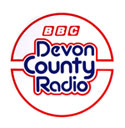
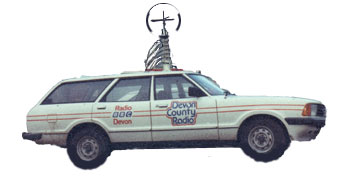
 |
INDEX
|
 |

| UHER
Portable Tape Recorder. |
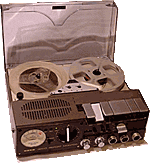 |
For
the early years the UHER portable 1/4inch tape recorder was the
workhorse for reporters. Normally the 4000 Report and later the |
| STUDER
B67 Studio Tape Machine |
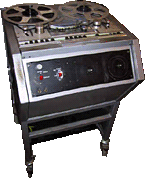 |
The
Radio Station was equipped with B-67's from the outset. A beautiful
crate full of Swiss engineering, crammed into an extremely ugly but functional
housing by the BBC. When new lining these up was great fun. When worn
and expensive tape guides and rollers had to be replaced then it could
be a bit trickier. |
| STUDER
A807 Studio Tape Machine |
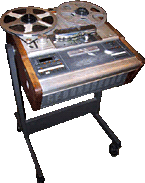 |
Willi
Studers fine A807 machines were to take us to the end of the reel-to-reel
tape era. Rumour has it that maybe one or two are lurking in deep basements
waiting for the day the the digital theory disappears into a puff of logic,
or someone turns up to dub a piece of archive tape. ( Wax cylinder anybody?) An evolved B-67, but the line up was all menu driven with push buttons so no need for a trim tool ( well not much!). They still suffered from sticky brakes like many reel-to-reels, - the A807 had a lot more to it's brain, - hence no right hand tension arm, it worked it out for itself. Also a muh more attractively pagacked unit in a smart trolley with wooden sides - smart until the razor blade hackers got to it. These sort of machines are still much sought after, and fetch silly money on auction sites - even when broken. |
| BBC
Mark III DESK |
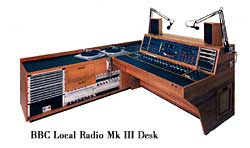 |
At
the time of writing this ( Jan 2008 ) - the Exeter studios are still working
on the BBC built Local Radio Mk.III Desks. These analogue desks which basically are fader panels, with rotary wafer switches to select sources, and key switches to divert telephones etc. Some of the well worn switch panels have had the load removed by replacement with touch panel screens, and digital routers, but the deak units are still being used to mix and transmit 50% of the programmes. These desks were maufactured in 1978! When the sister station Radio Cornwall was upgraded to Calrec system X, their Mark III suite was dismantled and many spares taken to keep Exeter going! There are no immediate plans to change these desks. |